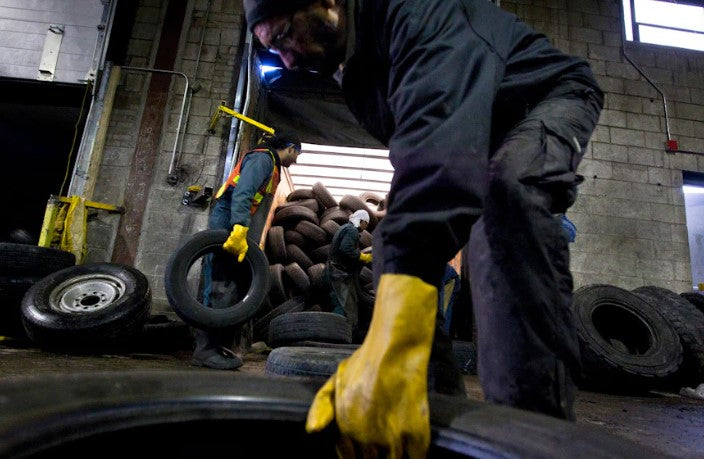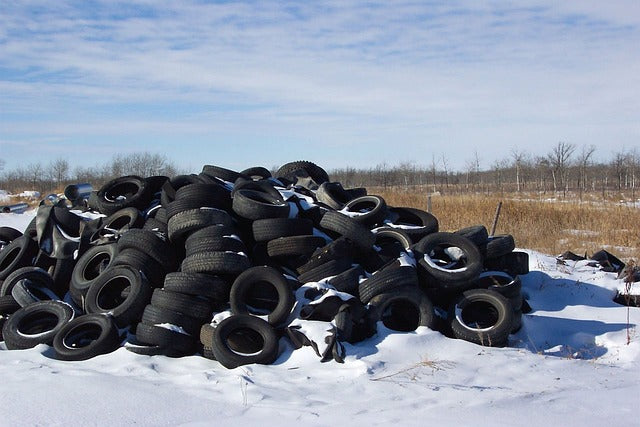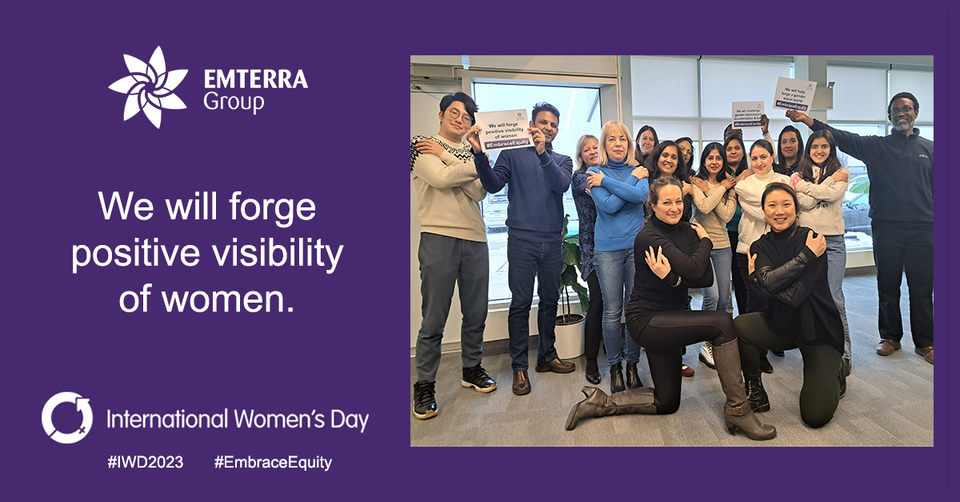
Building a Better Tomorrow Today Comes Down to This Way of Thinking
How the Circular Economy Creates a Sustainable Future
A circular economy is an alternative economic system in which resources are kept in use for as long as possible and waste is minimized . The concept of a circular economy has been gaining popularity in recent years as people recognize the need to move away from the traditional linear "take-make-dispose" model of production and consumption. Let’s look at what a circular economy is, why it's important, and what we can do to promote it.
What is the circular economy?
In our modern world, we consume a lot. Almost all the products we consume come from one of two places. Either they are extracted from the earth, used in products , and then return to the earth as landfill. The second way is a better way, the circular economy way. In a circular economy the resources we extract stay in use for as long as possible by creating a closed loop of production, consumption, and disposal. Products are designed to be durable, repairable, and recyclable. When products reach the end of their useful life, they are either repurposed, refurbished, or recycled. This approach helps to reduce waste, conserve resources, and minimize the environmental impact of our growing economy.
Why is a circular economy important?
A circular economy can help to address the environmental challenges of our time, such as climate change, resource depletion , and pollution. The traditional linear model of production and consumption is unsustainable because it relies on the extraction of finite resources, such as fossil fuels and minerals, and generates large amounts of waste. The gold standard is to keep resources in use for as long as possible and reduce waste as much as possible.
What are the benefits of a circular economy?
A circular economy offers a range of benefits, including:
- Reduced waste and resource consumption: By keeping resources in use for as long as possible, a circular economy can help to reduce waste and conserve resources.
- Lower carbon emissions: A circular economy can help to reduce carbon emissions by minimizing the use of virgin materials (resources extracted directly from the earth), reduce energy consumption, and promote renewable energy sources.
- Job creation: A circular economy creates new job opportunities in areas such as recycling, remanufacturing, and repair.
- Economic growth: A circular economy can stimulate economic growth by creating new markets for recycled materials and products, and by reducing the dependence on imported raw materials.
How can we promote a circular economy?
There are several ways in which we can promote a circular economy:
- Redesign products for circularity: Products should be designed to be durable, repairable, and recyclable, and should incorporate recycled materials wherever possible.
- Promote reuse and repair: Instead of throwing away products when they break or become obsolete, we should repair or repurpose them.
- Increase recycling: We should increase the recycling of materials, particularly those that are currently not being recycled or are difficult to recycle.
- Promote sustainable consumption: We should adopt more sustainable consumption patterns, such as buying products with a longer lifespan and avoiding single-use items.
- Create supportive policies: Governments can create policies that support the transition to a circular economy, such as providing incentives for circular business models and investing in recycling infrastructure.
A circular economy is an alternative economic system that aims to keep resources in use for as long as possible and minimize waste. By promoting a circular economy, we reduce the environmental impact of economic activities, conserve resources, and create new opportunities for economic growth and job creation. We know that overconsumption is damaging the planet, resources are not infinite, and future generations deserve to inherit the benefits of good decisions we make today. It's time to rethink our economic system and transition to a more sustainable and regenerative circular economy.



